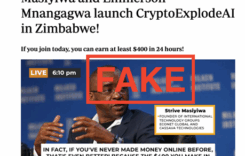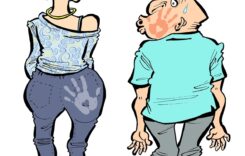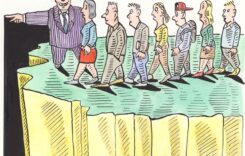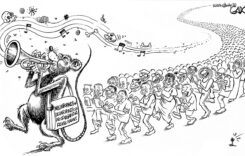For the past eight years, I have earned my living from a buzzing workspace of journalists running in and out. It’s a lively hall of endless chatter, of arguments over politics, sport and about almost everything else.
By Earnest Mudzengi
In my role as executive director of Zimbabwe’s Media Centre, I juggle journalism and administrative duties in probably one of the largest newsrooms in the region housing freelance journalists.
In this role, and after nearly two decades of teaching journalism and human rights advocacy, I have special, critical interest in news stories.
Our latest debate in our Media Centre these days — and probably to the end of the year — is how the media is covering elections.
The story of the day, today, and tomorrow, until the Zimbabwe elections are over, is the Zimbabwe elections story.
In agony
While I get to see, read and follow this story from a daily average of twenty or more journalists at the Media Centre, and from other sources, I agonise over the coverage.
Like many other people, my primary expectation is that the media should be reporting on elections in ways that enable citizens to make informed political choices. From another perspective, I see the media as a mirror that should project the diverse needs and interests of the citizens in fair, balanced, accurate and objective ways.
However, what I read, hear, see and surmise from stories in print, broadcast and social media alike are notions of a highly charged, polarised and partisan reportage; an elite-centric journalism that flushes away the citizen’s agenda and wish for democratic and transformative electoral contestation.
Only Mnangagwa and Chamisa
Notwithstanding a multiplicity of contenders, most stories across the media divide make it appear as if it is only ZANU PF and the MDC Alliance that are contesting the elections. I have just looked into The Herald, Daily News and NewsDay of 18 and 19 June 2018.
Among NewsDay stories is one headlined, Of 2 Presidential candidates plus 2 others. As per this story, it is only Emmerson Mnangagwa and Nelson Chamisa who matter in the presidential race. The other 21 candidates; among them three women; are non consequential. What they stand for deserves no attention.
Other stories are being sourced from rallies on a lock, stock and barrel basis. For instance, the Daily News of 19 June carries a story headlined, Hitmen Target Chamisa in which the MDC Alliance presidential candidate’s life is said to be under threat from state security agents.
The voice in the story is none other than that of Chamisa addressing a rally in Victoria Falls. The same is the case in the story carried in The Herald of 18 June under the headline, Vote ED to conclude Operation Restore Legacy. The sole voice in the story is that of Vice President Constantino Chiwenga addressing a rally in Harare’s Mabvuku-Tafara constituency.
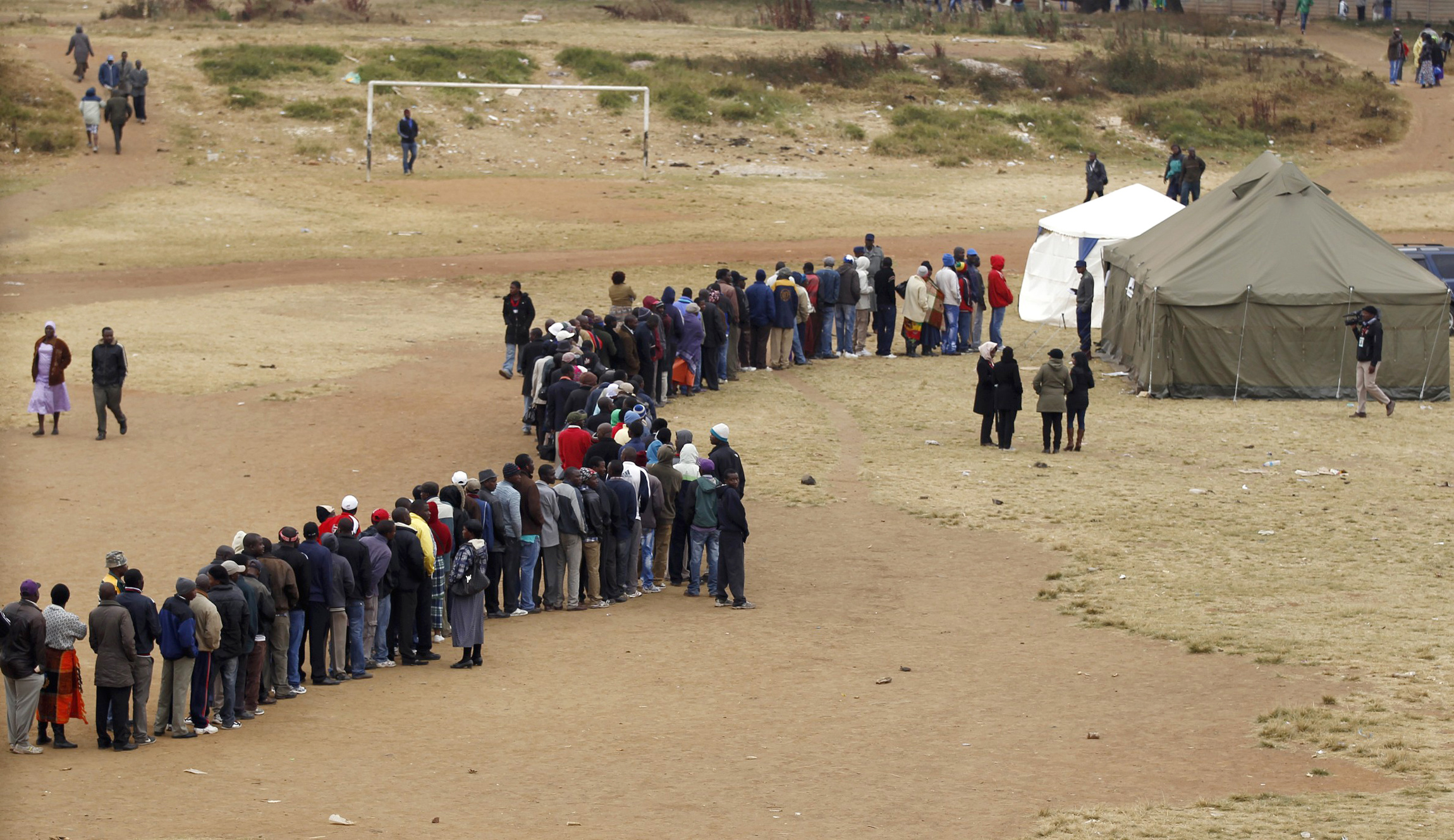
Ignoring ordinary voices
In these and most other stories, the voices of ordinary citizens are eclipsed as politicians are given acres of space to pontificate on political fantasies, while projecting their egos. This abounds across the mainstream media divide. In some cases, stories come with voices of so-called analysts and experts whose input dovetails into entrenched partisan positions.
The impression thus presented is that this is not an election for ordinary citizens. The media are foregrounding an unfortunate narrative that this is an election by, with and for politicians.
No issues
As public shows dominate, pertinent everyday issues affecting everyday people have been relegated. Cash shortages still persist. Infrastructure has decayed. Social services in both rural and urban areas are in intensive care. But these and other pertinent issues are hardly being given the media attention they deserve. It’s as if all is mostly well and Zimbabwe is just having another routine election.
What I observe from the social media scene is a case of mixed fortunes. While some social media spaces have been submerged in elite capture, some are still citizen media for real. In the later, the story is of expectant hope in which the July 30 elections are widely seen as make or break ones through which Zimbabwe can be salvaged from a socio-economic crisis that has persisted for nearly two decades.
Social media spin
Unfortunately, the captured social media are shattering the people’s hope as they mostly set the agenda for what is reported in mainstream media, which instead of being pro-active agenda-setters for democratic electoral contestation, tend to react to partisan agenda driven by self-seeking elites.
Being in this state of siege, Zimbabwe’s media platforms do not exist as authoritative, objective and informative platforms through which citizens can be helped to make informed choices in the forthcoming elections.
With the media environment leading to 30 July now being seen in terms of an almost lost cause, I look forward to a new dispensation in which the citizen, not the politician and mere voters, is at the centre of the election story.
Author: Earnest Mudzengi is executive director of the Media Centre in Harare which offers freelance Zimbabwean journalists working space, and facilities for Press Conferences and workshops.
Do you want to use our content? Click Here


